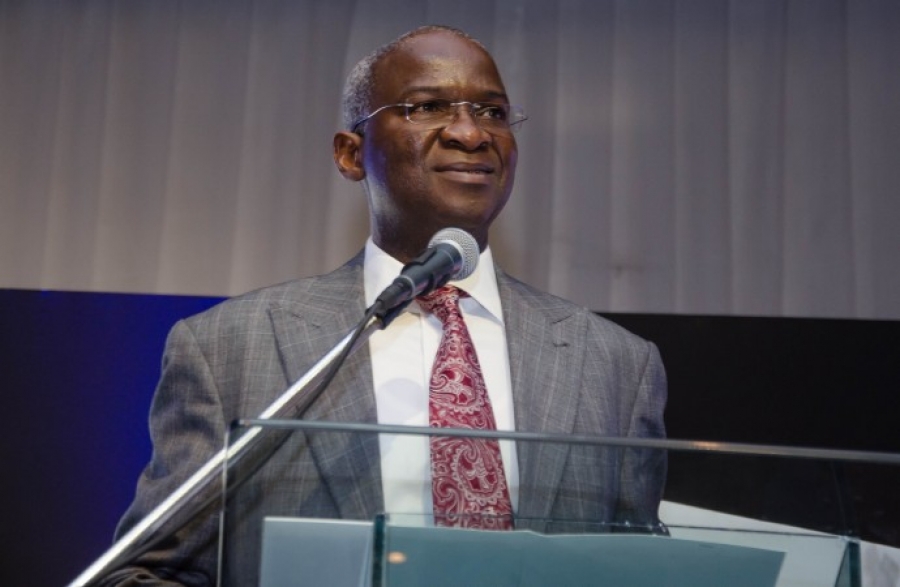Nigerian Cities’ Contribution to Economy Low
The Federal Government has lamented the low contribution of Nigerian cities to the economy, compared to those in developed and emerging countries, stating that this is unacceptable.
It attributed the situation to the current city management style, which it said should be reviewed as it was not working.
The Minister of Power, Works and Housing, Babatunde Fashola, said this at the 50th anniversary and 47th Annual General Meeting of the Nigerian Institute of Town Planners in Abuja, with the theme, ‘Promoting Liveable Settlements’.
The minister observed that the cities were bogged down by a myriad of hindrances to economic growth, including dilapidated infrastructure, slum growth, transport gridlocks, poor housing, urban poverty, and dismal sanitary conditions.
Fashola said, “With the current urbanisation, Nigeria’s population stands at the threshold of becoming predominantly urban in the near future, having more than 800 urban settlements, including the Lagos mega city with about 15 million people, and about 10 other millionaire cities and so many intermediate cities.
“Indeed, it is estimated that by 2050,about 60 per cent of sub-Saharan Africa will be urban with Nigeria dominating the scene. The scenario is, however, worrisome, bearing in mind that the contribution of our cities to the growth of the economy is embarrassingly low, when compared with examples in developed and other emerging nations.”
Fashola explained that as part of strategies to make the cities and towns liveable, inclusive and sustainable, the Federal Government has launched fresh attempts to confront urbanisation along different fronts.
At the policy front, the minister said the government had successfully pursued the process of reviewing, revalidating and adopting the National Housing and National Urban Development policies.
He stated that his ministry had produced six designs of one-bedroomed, two-bedroomed and three-bedroomed flats, bungalows and condominiums to represent the Nigerian house.
The acting President, NITP, Mr. Luka Achi, in his welcome address, called for the implementation of the 1992 urban and regional planning law “in which the national urban and regional planning commission, state urban and regional planning development boards and local planning authorities are properly constituted.”
He argued that the non-inclusion of physical planning on the concurrent list of the constitution had created a gap in the planning hierarchy.

 Forex3 weeks ago
Forex3 weeks ago


 Naira2 weeks ago
Naira2 weeks ago
 Billionaire Watch2 weeks ago
Billionaire Watch2 weeks ago




 Naira2 weeks ago
Naira2 weeks ago




 Naira2 weeks ago
Naira2 weeks ago




 Naira1 week ago
Naira1 week ago




 Naira4 weeks ago
Naira4 weeks ago




 Naira3 weeks ago
Naira3 weeks ago






















